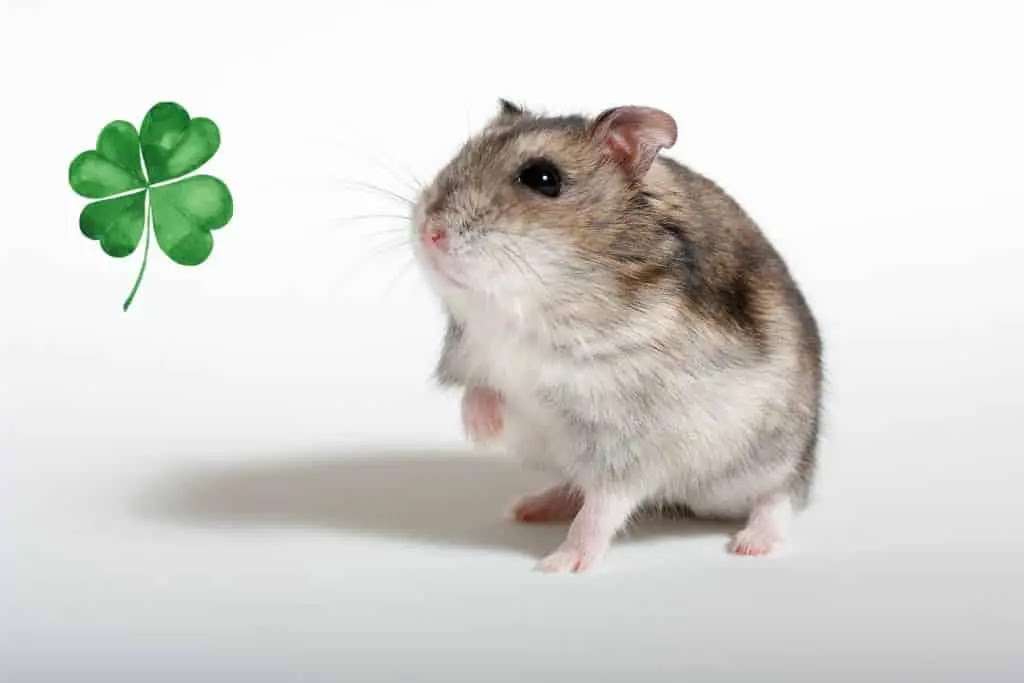Unlocking Lemongrass Secrets for Happy Hamsters: A Dive into the Herbal Realm
Lemongrass, the fragrant herb originating from tropical lands, has captivated hearts with its aromatic allure and rumored health benefits. The burning question: Can hamsters partake in the zest of Lemongrass without repercussions? Let's embark on a journey of exploration, weighing the positives and negatives, offering you a complete guide.
Lemongrass Unveiled: A Glimpse into its Nutritional Treasure
Nutrient Rich Lemongrass:
- Vitamins: A dash of vitamin C, vitamin A, and an assortment of B vitamins.
- Minerals: An essential mix including potassium, calcium, and magnesium.
- Antioxidants: A powerful concoction combating free radicals and oxidative stress.
- Essential Oils: Citronellal and limonene, lending aroma and potential health benefits.
Can Hamsters Have Lemongrass? Proceeding with Caution
In the grand tapestry of hamster treats, Lemongrass earns a nod, but with moderation as the watchword. It's deemed safe as an occasional addition, not a replacement for their steadfast hamster pellets.
Reasons to Welcome Lemongrass into the Hamster Menu:
- Dietary Diversity: Infuses a delightful twist, making mealtimes a tad more interesting for your furry companion.
- Potential Health Perks: Acknowledged for its natural calming properties, Lemongrass may offer a sprinkle of health benefits.
- Foraging Fun: Chewing on Lemongrass leaves transforms into a natural foraging adventure, keeping those hamster minds sharp.
- Nutritional Goodness: A treasure trove of vitamins, minerals, and antioxidants, Lemongrass can be a valuable addition in petite portions.
Benefits of Serving Lemongrass to Hamsters:
Can Hamsters Have Lemongrass? Absolutely, and here's why it could be a delightful inclusion:
- Stress Alleviation: The soothing touch of Lemongrass may bring relief from stress and anxiety in hamsters.
- Digestive Support: A potential ally aiding in minor digestive discomfort.
- Antioxidant Shield: Safeguarding hamster cells against oxidative damage.
- Dietary Excitement: Adding a flavorful dimension to their routine meals.
Lemongrass: A Tapestry of Risks
Can Hamsters Have Lemongrass? Yes, but with vigilant eyes for potential downsides:
- Digestive Turmoil: Excessive Lemongrass might usher in digestive issues like diarrhea.
- Allergic Alerts: A sensitivity caution – some hamsters may react with skin irritation or allergies.
- Overindulgence Woes: Hamsters, being treat enthusiasts, mandate moderation to avoid overconsumption.
- Medication Check: Consult with your vet if Lemongrass may interact with your hamster's existing medications.
Navigating Lemongrass Mishaps:
Can Hamsters Have Lemongrass? In case of an accidental Lemongrass feast, observe for signs like diarrhea. Remove it, provide fresh water, and consult your vet if symptoms persist.
Symptoms of Lemongrass Overindulgence:
- Diarrhea
- Vomiting
- Excessive drooling
- Lethargy
- Difficulty breathing
Moderation is Key: How Much Lemongrass is Just Right?
The golden rule: Keep it petite. A fresh leaf or a tiny sprig, no larger than their paw, once or twice a week, suffices. Balance Lemongrass with quality hamster pellets, veggies, fruits in moderation, and a continuous flow of pure water.
Alternatives and Enhancements:
Can Hamsters Have Lemongrass? Absolutely, and let's spice things up:
- Dandelion Leaves: A nutrient-rich companion supporting overall health.
- Basil Leaves: Where antioxidants meet flavor.
- Parsley Leaves: A vitamin C boost in moderation.
- Cilantro Leaves: A variety and flavor enhancer.
- Kale Leaves: Essential nutrients bundled for nibbling.
The Classic Hamster Feast Trio:
- Hamster Pellets: The foundational nutrition source.
- Fresh Vegetables: Carrots, broccoli, and bell peppers for vitamins and fiber.
- Fresh Water: A perpetual stream of cleanliness.
In Conclusion: Lemongrass Unleashes Delight with Vigilance
Can Hamsters Have Lemongrass? Yes, but with a mindful approach. It adds a flavorful twist to their diet with potential health perks. However, tread cautiously, monitor reactions, and always consult your vet for dietary or health concerns.



Nhận xét
Đăng nhận xét